
Workshops Presented and Conducted by Facilitators, Mentors and Students of the CI Community
Friday, November 11, 2022 • 8:30am to 8:00pm PST
* Workshops Subject to Change






























Unpacking The Stepping Stones Sat Dharam Kaur ND
If Your Body Could Speak, What Would It Say? Espe Garcia, Jinny Jacinto
Compassionate Inquiry: Helping Refugee Children and Adolescents Celeste Thirlwell MD, Dr. Annamaria Kadar PhD, Boroka Horvath PhD
Bringing Attention to Inherited Family Trauma Diana Curtis, Justin McLean
Different Kinds of Tears Sheila Tyacke (Siri Dharma)
CI and IFS: An Integrated Approach Towards Mindfulness Rhonda-Mae Nelson
Supporting Entheogenic Healing with CI Beth Ebers, Tony Hoare
CI and Suicide Attention Irina Ungureanu, Camilla Monroe
CI Educator Initiative in Turkey H. Özden Bademci
Shining the CI Light on Hoarding, Chronic Disorganization and Extreme Clutter Jo Cavalot
Supporting Yourself and Others to Prevent BurnoutMary ‘O’ Connor
Digging for Gold: Unearthing Core Beliefs and What to Do When You Find Them Luke Sniewski
History of CI Sat Dharam Kaur ND
Chanting Our Essence: A CI Community Sing Leah Hokanson
Unpacking The Stepping Stones
Sat Dharam Kaur ND
In this workshop we will unpack each of the CI Stepping Stones, learning when to use them and how to maximize their effectiveness. We will also engage in group discussion to hear a variety of ways that practitioners are applying the Stepping Stones.
You will learn:
The rationale behind each of the Stepping Stones – what it does for the client
How the Stepping Stones are aligned with a trauma-informed approach
Research to validate the use of many of the Stepping Stones
Understand the mind-body shift that can occur with each of the Stepping Stones
About Sat Dharam Kaur ND
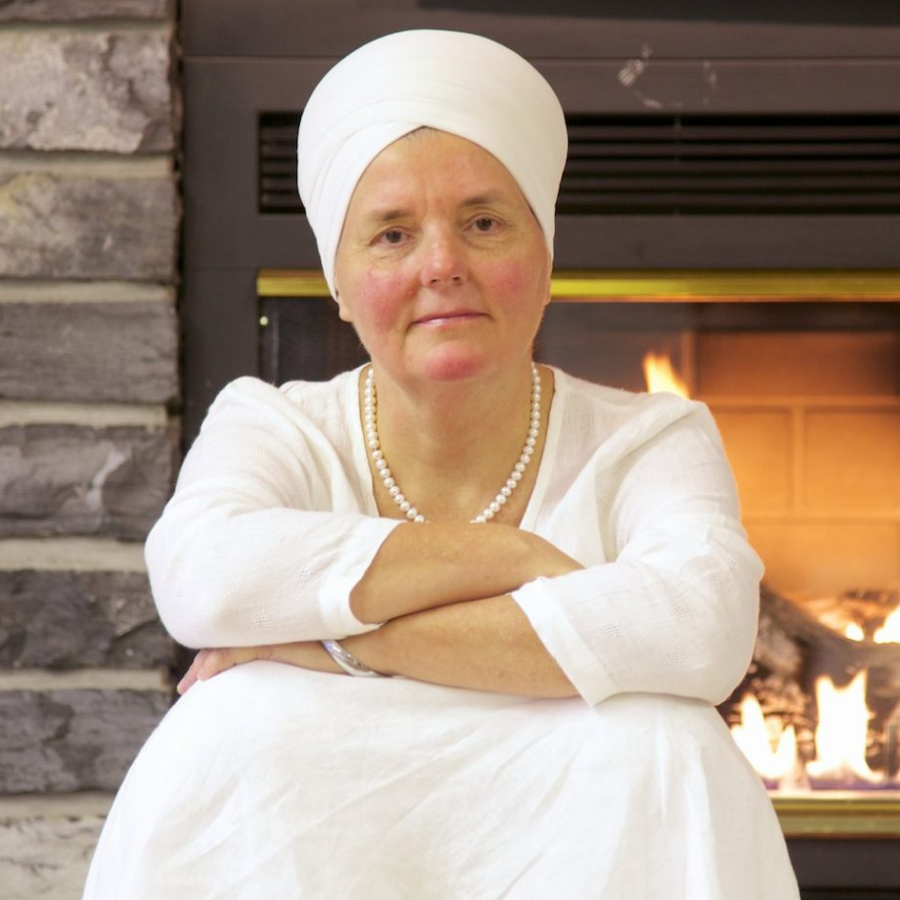
Sat Dharam Kaur is a naturopathic doctor and has supported Dr. Gabor Maté in structuring the Compassionate Inquiry approach so that others can learn it. She created the Beyond Addiction program, a yogic path to recovery. She trains people in Kundalini Yoga and has a private practice in Owen Sound, Ontario.
If Your Body Could Speak, What Would It Say?
Espe Garcia, Jinny Jacinto
You will learn:
- To bring the client into the bodily experience of the present moment
- To give the participants the space to experience and identify the feeling that is present, if your body could speak, what would it say?
This workshop will focus on the following therapeutic skills by:
Art and Body work
- Attune to the client
- Invite openness
- Give the client lots of space
- Mirror
- Pay attention to your body and your reactions
- Be playful
- Practice self-compassion and self-care
- Give the client a taste of victory
- Express gratitude
Development of a deeper understanding of:
- Authenticity
- Self-Awareness
- Trust Your Gut Feelings
- Playfulness
About Espe Garcia, Jinny Jacinto
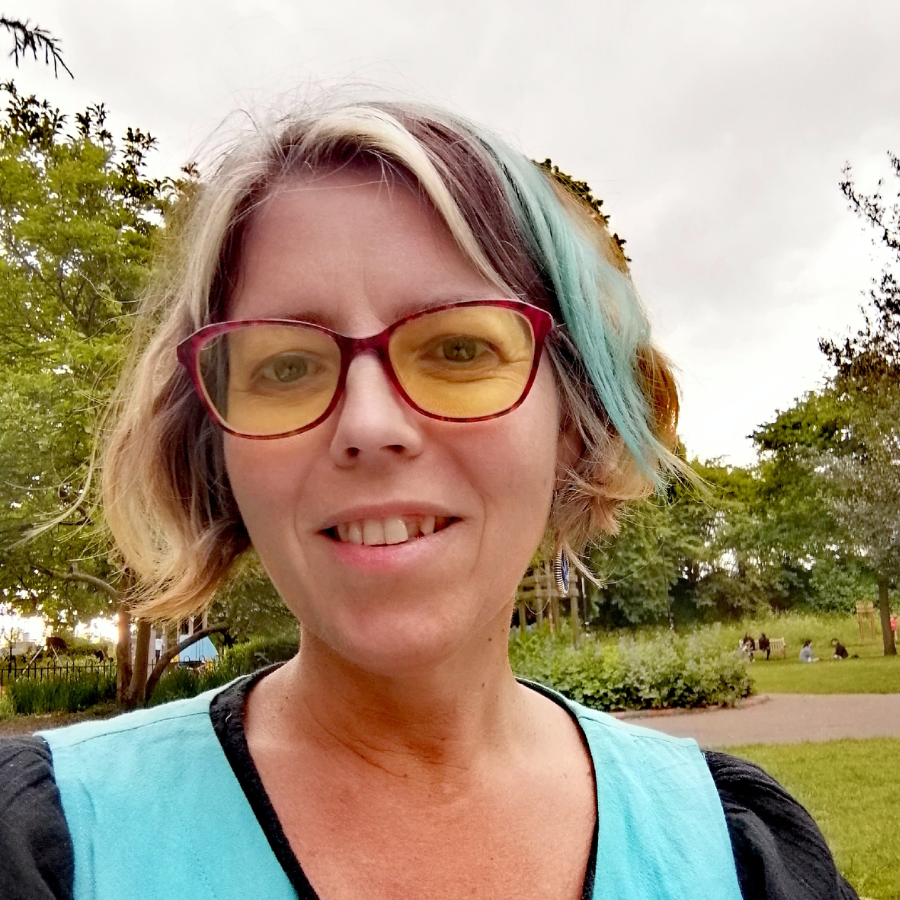
Espe Garcia has been working in customer relations for over 30 years. She is a compassionate and passionate person with an incredible curiosity for the human experience at any stage of their journey, inspired by a lady with dementia, she became a creative therapist in the search of finding a new way to communicate with her. Espe found her love for the creative process by playing with paint when she moved to England in 2007. She has done visual exhibitions and creative workshops for the most vulnerable in the community. In her latest years she has been working as an integrative counselor at St Elisabeth Hospice in the UK, where she integrates her creative and CI skills to work with terminal patients and their families. She has been recently appointed as CI Spanish Intern and Mentorship Coordinator.
Jinny Jacinto has worked as a performing artist around the world for the past 30 years, much of this with Cirque du Soleil. Her multi-dimensional teaching incorporates her explorations of gymnastics, Feldenkreiis, Pilates, yoga, meditation, and Compassionate Inquiry. She focuses on the human body as a whole, including: all aspects of its unity with the brain; patterns where we unconsciously hold tension; specific body parts where awareness is not yet awakened, or has been forgotten… or just needs a little energy boost.
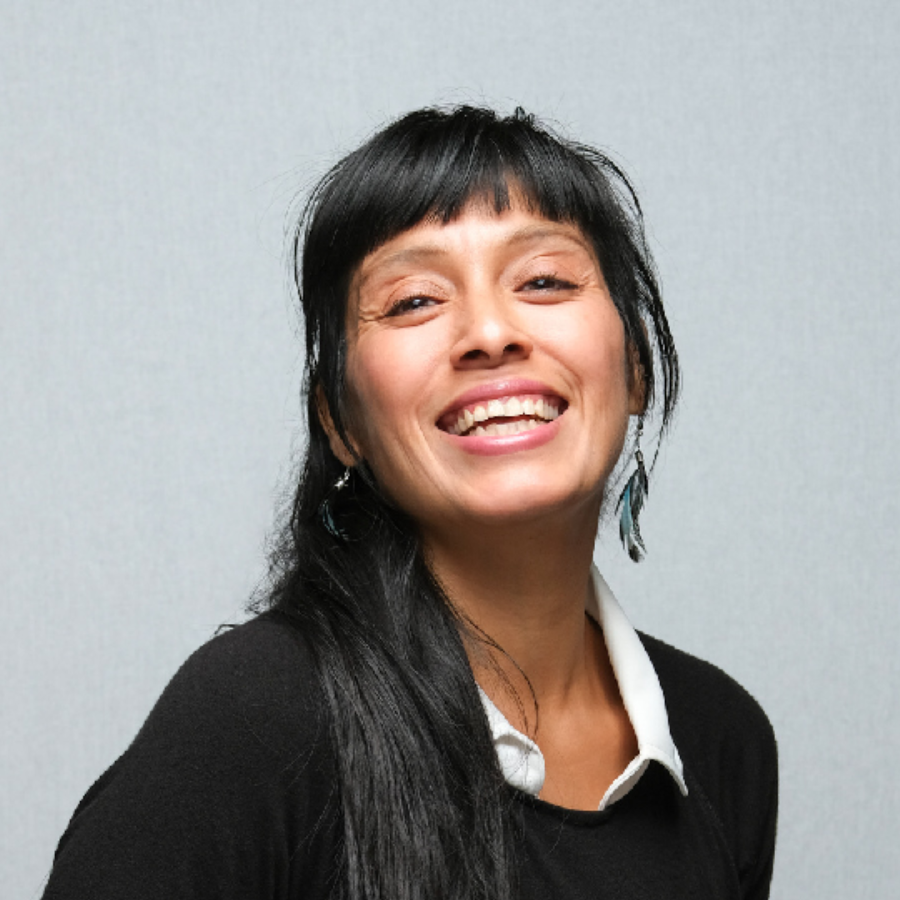
CI: Helping Refugee Children and Adolescents
Celeste Thirlwell MD, Dr. Annamaria Kadar PhD, Boroka Horvath PhD
The children and adolescents of the world are our future. Refugee children and adolescents from war-torn countries are particularly vulnerable to wounding from traumatic events, the sequence of which are often long-term and detrimental to healthy development and psychosocial functioning. Through Compassionate Inquiry (CI), children and adolescents can re-learn the basic truth that they are worthy of love and learn to embody peace, love, and joy once again. Through the CI process and healing, they learn that horrible external circumstances are not their fault and have nothing to do with their intrinsic worth. Through CI, their adverse reactions to the traumatic events are reduced, thus reducing the amount of physical, psychological, and psychosocial wounding they carry as they develop through life. Attendees of the workshop will learn the basics of child and adolescent development with an emphasis on key milestones; learn to identify specific physical and psychological manifestations of developmental stage-related wounding patterns; review Eric Erickson’s Theory of Psychosocial Development Stages through the lens of CI; and learn specialized considerations and approaches that can be used in CI when dealing with children and adolescents from war-torn countries. Attendees with learn practical, easy to use strategies to add to their CI practice when dealing with this vulnerable, yet resilient, client population.
About Celeste Thirlwell MD, Dr. Annamaria Kadar PhD, Boroka Horvath PhD
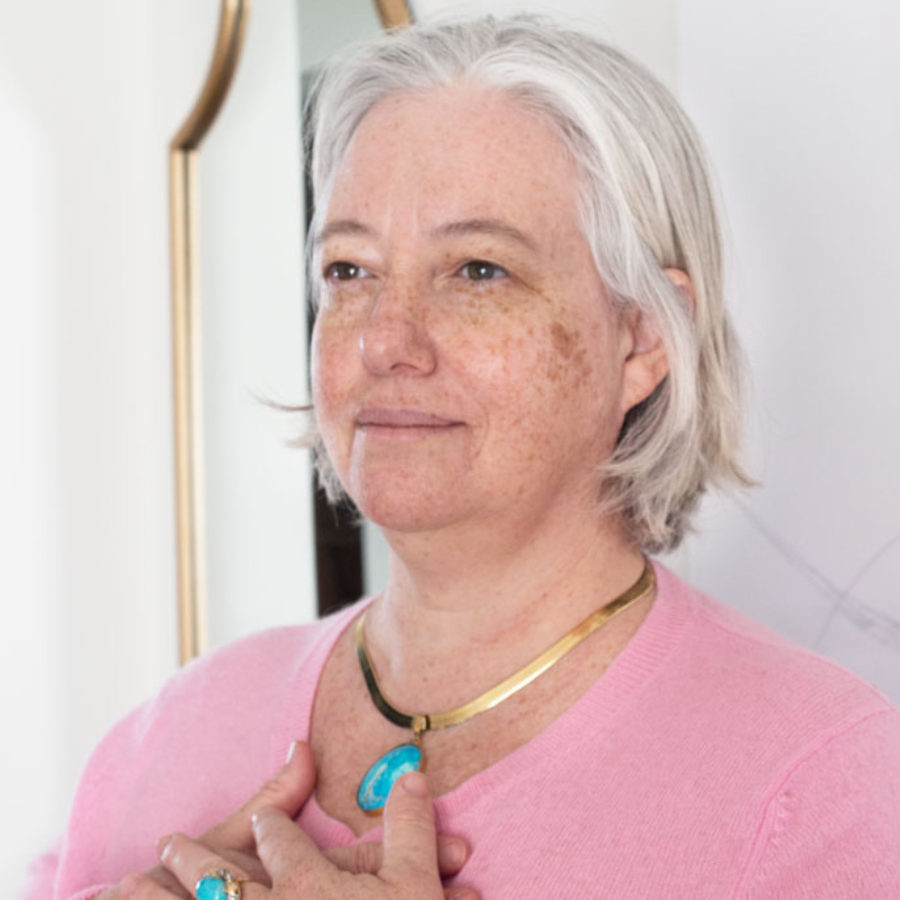
Celeste Thirlwell MD is a Sleep Medicine Specialist and Psychiatrist with a background in neurosurgery and neuroscience research. She is an international authority on the treatment of PTSD and Concussion with medical cannabis and cutting-edge bioelectric modalities. She has recently trained in Compassionate Inquiry (CI) and the Heart Freedom Method (HFM). She is the founder and director of the Sleep Wake Awareness Program (SWAP), which provides comprehensive, multimodal treatment for sleep/wake health issues. She has presented nationally and internationally on Insomnia, Post Concussion Syndrome (PCS), Post Traumatic Stress Disorder (PTSD), Fibromyalgia Syndrome/Chronic Fatigue Syndrome (FMS/CFS), Pulse Electromagnetic Field Therapy (PEMF), Eye Movement and Desensitization Therapy (EMDR), and Medical Cannabis Therapy. She has worked extensively with Refugees and Military Veterans. She incorporates innovative approaches such as medical cannabis, psychedelic assisted psychotherapy, and electromagnetic field modalities, such as pulse electromagnetic field therapy (PEMF) and photobiomodulation (PBM), into her practice.
Dr. Annamaria Kadar PhD was born in Târgu Mureş, Romania. After graduating as a teacher, Anna obtained a degree in psychology from BBU, Cluj-Napoca. She completed her doctoral studies at the Eötvös Lóránd University, Budapest and at the same time obtained a professional qualification in work and organizational psychology at the University of Technology, Budapest. Anna, in her work, turned her focus towards the fields of systematic family, couple and relaxation and symbol therapy, working as a school psychologist and as a professor at BBU, Cluj-Napoca. Anna’s diverse work portfolio also includes working as a trainer and is also the co-editor and presenter of a weekly TV show. At the core of Anna’s work is storytelling. As a business trainer, professor or therapist, she helps others to tell their stories. As everyone can become the hero of their story, Anna believes in the healing power of storytelling in the development of emotional intelligence. Her books of Fairytale Psychology have twice won the Libri Gold Book Award.
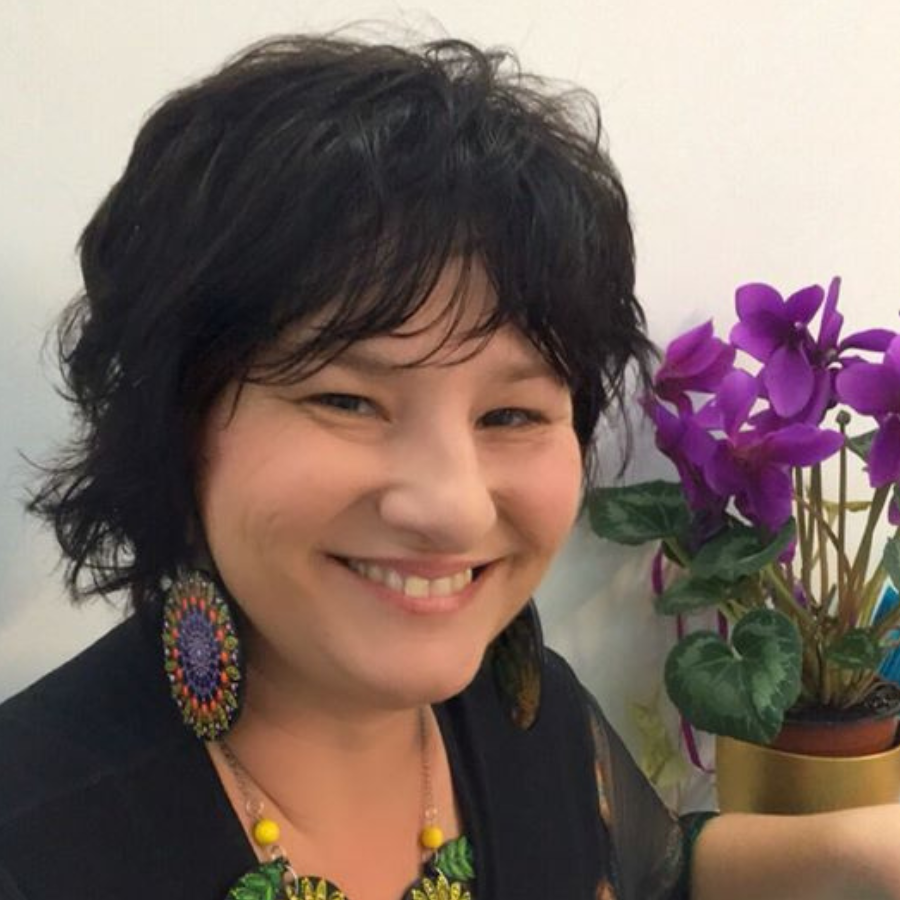

Boroka Horvath PhD is living in Targu Mures, Romania. She is married with 2 children. She has her own professional business, as well she is working as a volunteer for Romanian charity service of the order of Malta. She is a CBT therapist and a PTSD counselor using different psychotherapy techniques e.g. EMDR Therapy, Rewind Technique, Art Therapy and Psychodrama. She is Ashtanga Vinyasa Yoga and Chi running practitioner. She believes in the healing power of holistic therapy, which assumes that an individual’s self-perception (or their consciousness) is not to be found in any one particular area but is an integration of the entire person, including their physical body, mind, feelings or emotions and spirit.
Bringing Attention To Inherited Family Trauma
Diana Curtis, Justin McLean
This workshop will provide an opportunity to discuss how generational trauma can perpetuate pain and abuse against others, including forms of unconscious and conscious racism. And, demonstrate how “attachment to the trauma can become a cultural phenomenon to the family”. While also demonstrating how “radical healing” can occur within and outside of the family culture.
Carl Jung said it perfectly- “I feel very strongly that I am under the influence of things or questions which were left incomplete and unanswered by my parents and grandparents and more distant ancestors. It often feels as if there was an impersonal karma within my family, that was passed on from parents to children. It has always seemed to me that I had….complete or perhaps continue things that previous generations had left unfinished”.
About Diana Curtis, Justin McLean
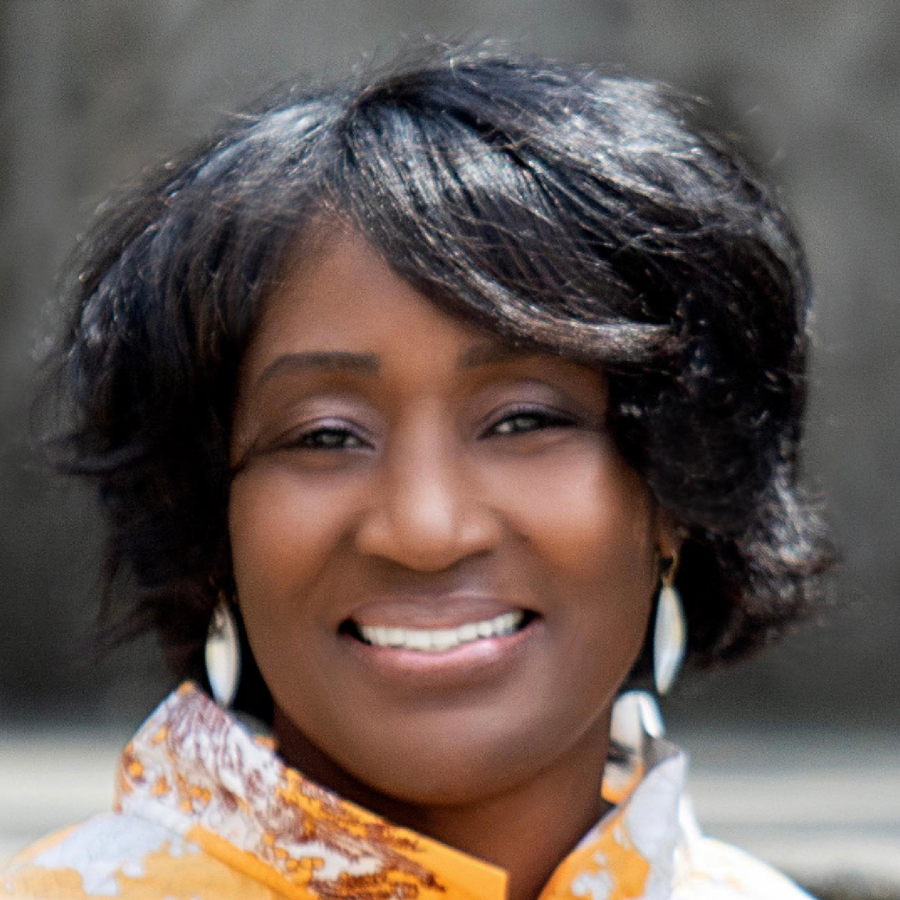
Diana Curtis is a Grief Counselor, Life Coach and student of Compassionate Inquiry. Her voice is heard around the world as she hosts the “Growing Through Grief Podcast”. Diana is a retired CDC Public Health Advisor who has a passion for supporting individuals wishing to improve their mental and emotional health. Her experience working in both the for-profit and non-profit sectors has provided countless opportunities to partner and serve with diverse groups of people; and, especially the BIPOC community. Diana is always looking to connect with diverse groups to lend her subject-matter-expertise to drive collective impact.
Justin McLean is a Child & Youth Care Practitioner with over 20 years of experience, committed to improving the lives of young people who seek help in overcoming their social, emotional, academic, behavioral, and addiction challenges. He is dedicated to anti-racist and anti-oppression practices, which inform his work in crisis management and creating safe environments for young people with complex needs. Justin finds success in his work through the use of Nonviolent Communication, Collaborative Problem Solving, and Compassionate Inquiry while supporting young people and families at home, in school, through mobile crisis intervention, and live-in treatment.
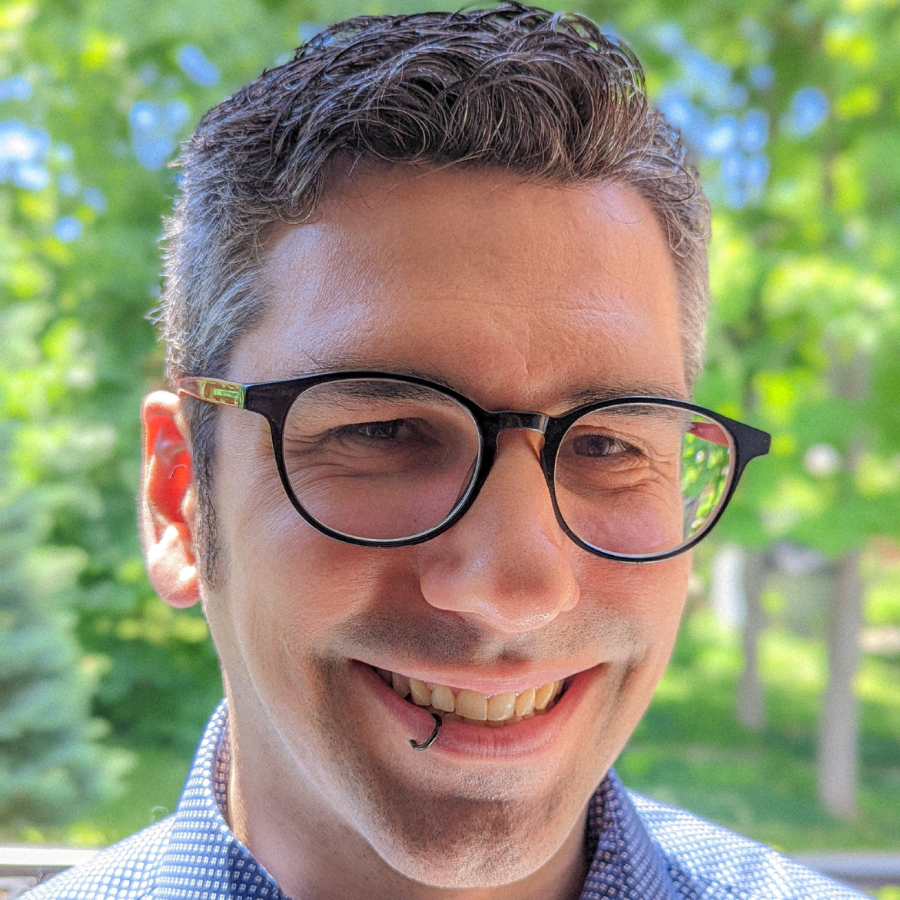
Different Kinds of Tears
Sheila Tyacke (Siri Dharma)
Sadness is a feeling that we encounter often in CI sessions. But what is sadness? This workshop will dive a little deeper into what our clients may mean when they report sadness. We will break down the common term “sadness” into more specific feelings so that we can get to the essence of what the client is experiencing, distinguishing feelings of hurt from depression and finally from grief and mourning. We will examine the crucial differences between these three states and how vastly different responses are required depending on which of these is true in the moment. The workshop will explore how to view grief as a welcome part of each client’s healing process. We will also discuss the role of grief and mourning in our own lives and how these feelings enrich us and deepen our ability to hold clients. We will have the opportunity to work with each other in dyads and triads in honing our ability to work with grief in a session. We will also do some meditative practice in holding grief.
About Sheila Tyacke (Siri Dharma)
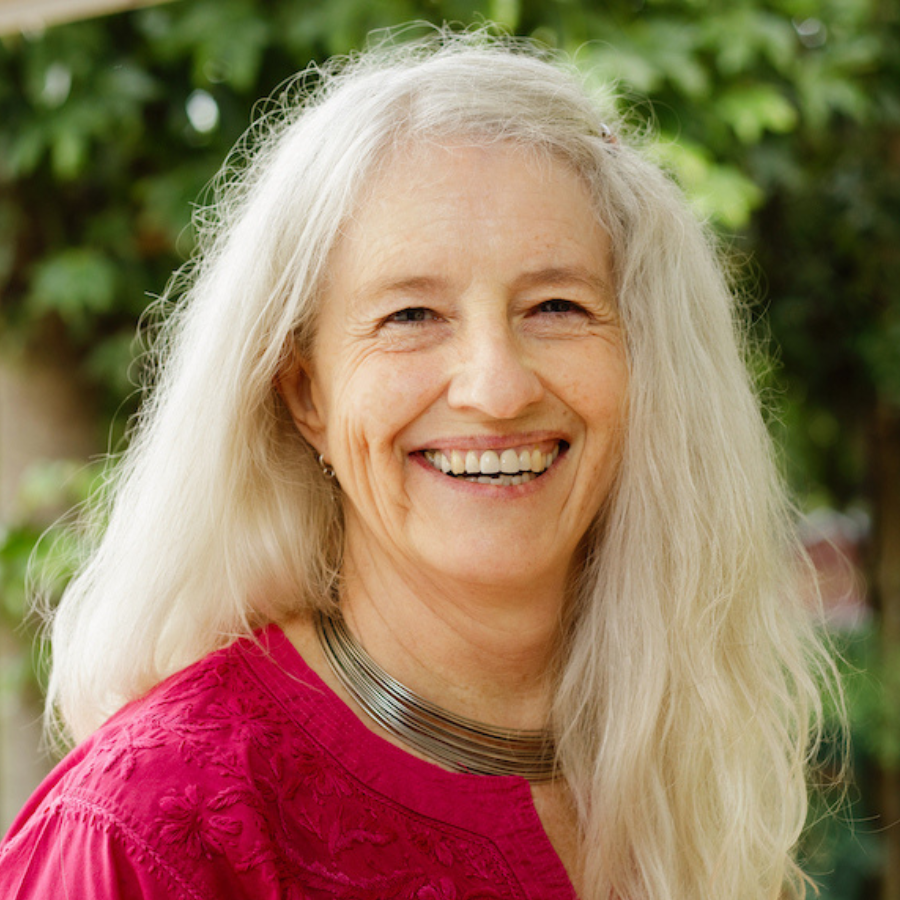
Siri Dharma (Sheila) is a certified Compassionate Inquiry practitioner and has been a facilitator of the online training since its inception in 2019. She co-leads the Safety and Connection course that is part of the online training, where the focus is on creating safety in Compassionate Inquiry sessions. Sheila has walked a deep path with grief through her yoga work with children born HIV positive in South Africa before anti-retroviral medication was available. She befriended her own capacity for grief in facing the death of many of her young students, who were dying at about ages 10 or 11. She came to see the children as guides and catalysts for releasing deeply held grief in those that came to love them, as she did. She met her foster son here and has him by her side to this day. She is deeply honored to hold others in their grief and has a special interest in the part grief plays in Compassionate Inquiry and in the healing process.
CI and IFS – An Integrated Approach Towards Mindfulness
Rhonda-Mae Nelson, RPC
We will look at the differences/distinctions between CI and IFS and then do an experiential practice together combining the two approaches. Discussion/sharing/Q&A throughout.
About Rhonda-Mae Nelson, RPC
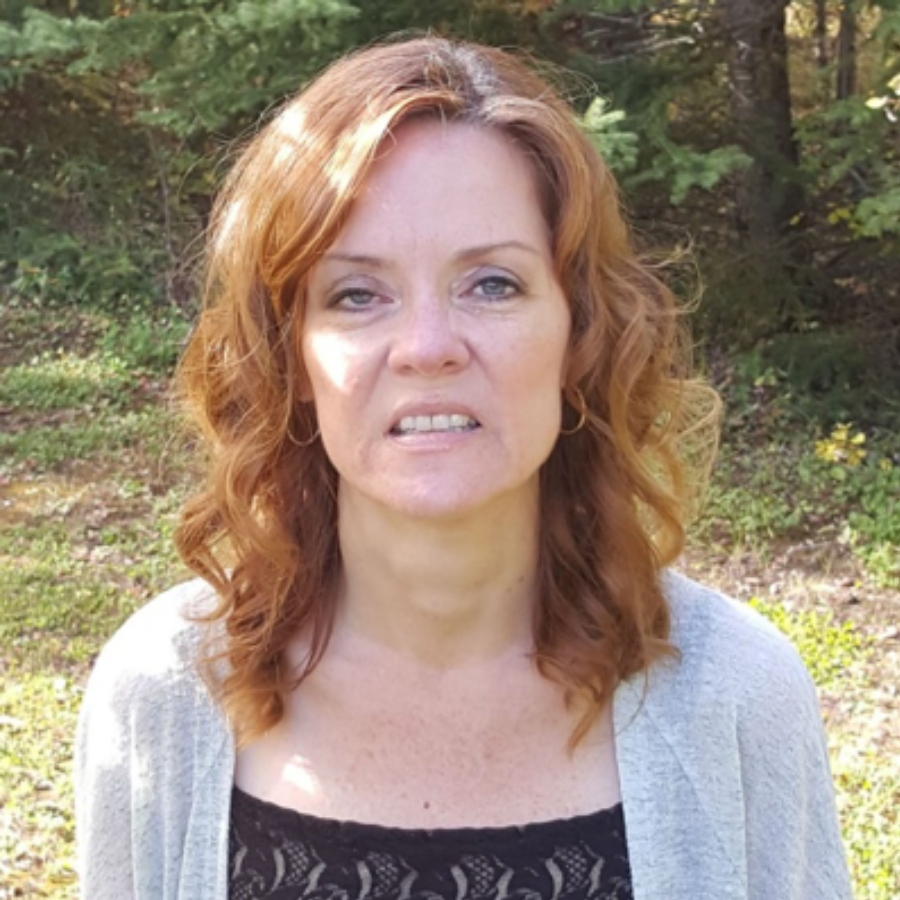
Rhonda is a Compassionate Inquiry practitioner, founding facilitator, mentor/consultant for certification, certification reviewer, circle leader, psychotherapist and plant medicine integration specialist. Compassionate Inquiry is the foundation upon which she works, integrating other strong somatic modalities including Internal Family Systems (IFS), Hakomi, and Emotion-Focused Family Therapy (EFFT). She also draws from the Polyvagal Theory, all of which have been instrumental in her own healing process in addiction and illness. She is dedicated to supporting others in their journey.
Supporting Entheogenic Healing with CI
Beth Ebers, Tony Hoare
Humans have been using entheogens to access altered states of consciousness for thousands of years. Visionary plant medicines, such as ayahuasca, have the capacity to bypass the conscious mind, accessing repressed or un-integrated experiences, memories and emotions. Particularly when used in well-supported ceremonial/therapeutic contexts, and combined with psychotherapeutic methods such as Compassionate Inquiry, entheogens offer opportunities for profound personal exploration, development and healing.
About Beth Ebers, Tony Hoare
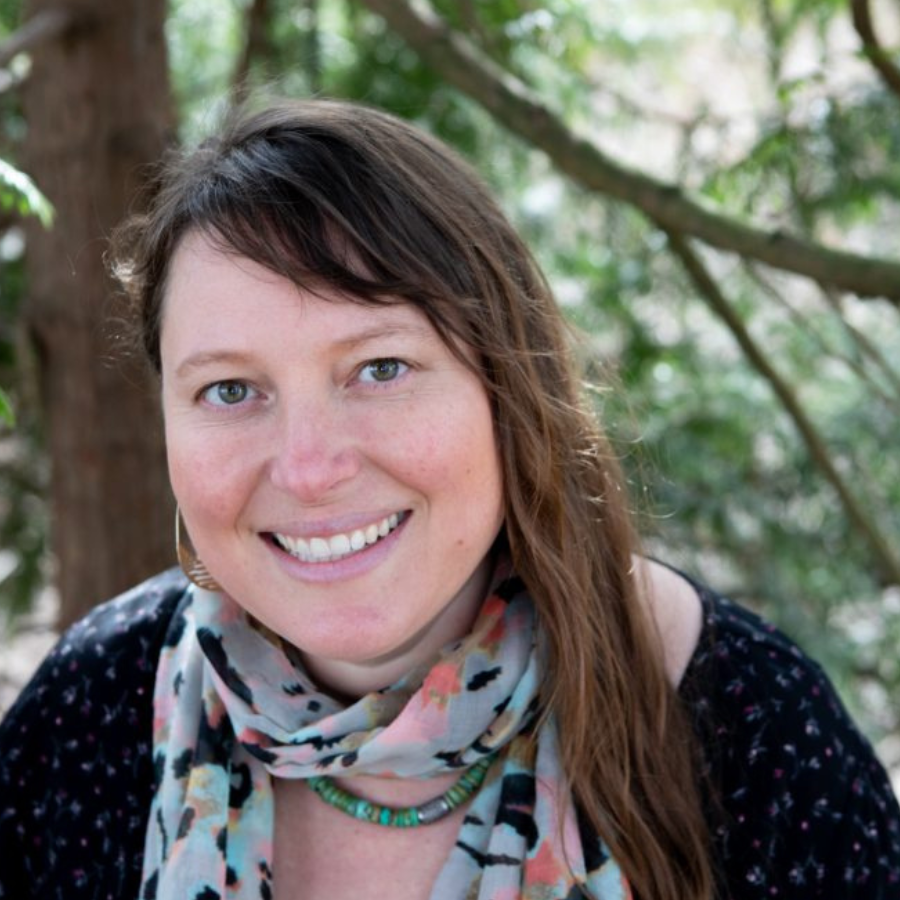
Tony Hoare is founding CI Practitioner and a Relational Somatic Therapist. He has worked in Ayahuasca ceremonies since 2005 and supported Gabor’s plant medicine retreats from 2009 to 2017. Tony has supported participants in plant medicine ceremonies as well as helping them prepare and integrate their experiences. For the last three years he has focused on psychedelic assisted therapy.
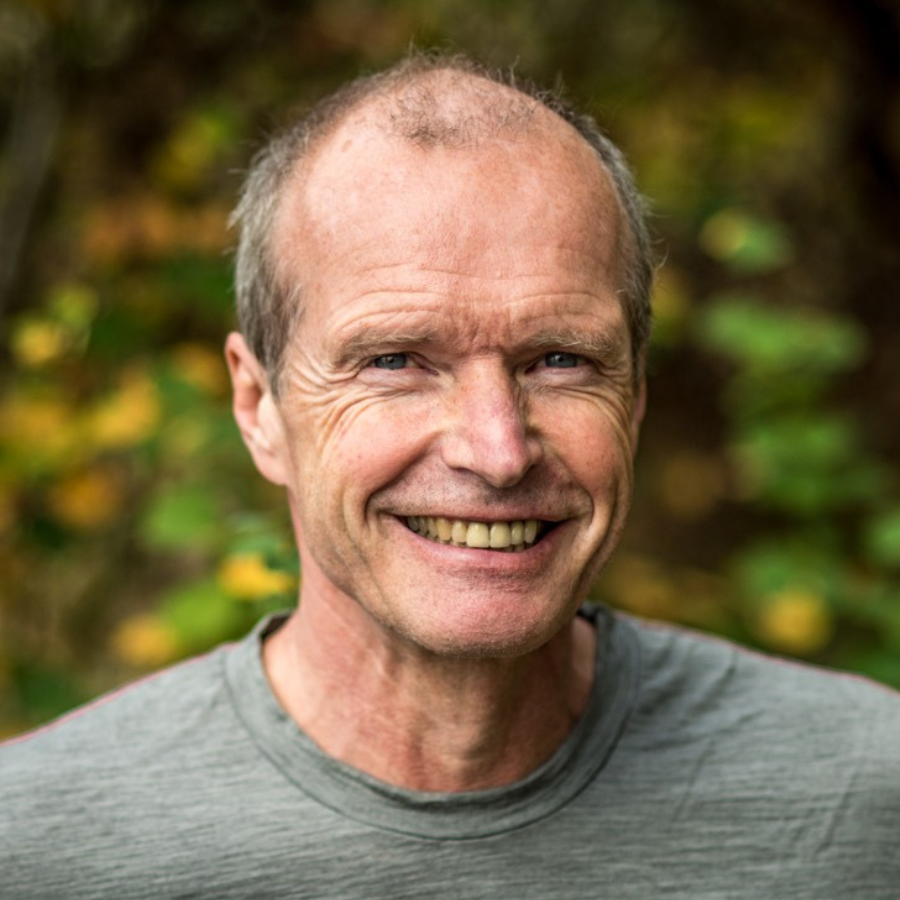
CI and Suicide Attention
Irina Ungureanu, Camilla Monroe
Suicide Attention: A Compassionate Inquiry informed approach to working with suicidal distress.
Suicide affects millions of people worldwide with a ripple effect felt in our homes, families, communities and wider society. Shame and secrecy are the hallmarks of this often-hidden epidemic. Dr Gabor Mate often states, ‘whenever there is tension, it needs attention’. How might the compassionate inquiry approach support us to shift the lens from prevention to attention and start to view suicidal distress through a lens that understands it as a coping mechanism? What if instead of distracting, ignoring or trying to ‘stop’ the thoughts they were met with curiosity , and a willingness to understand their function ? This workshop is designed to show how compassionate attuned and curious response to those in suicidal distress can mitigate shame and offer the possibility of transformation to those in suicidal distress. Whether you have been studying CI a long time or new to CI, this workshop will explore some of the CI based skills and tools that can support a heart based connected approach to working with suicide.
About Irina Ungureanu, Camilla Monroe
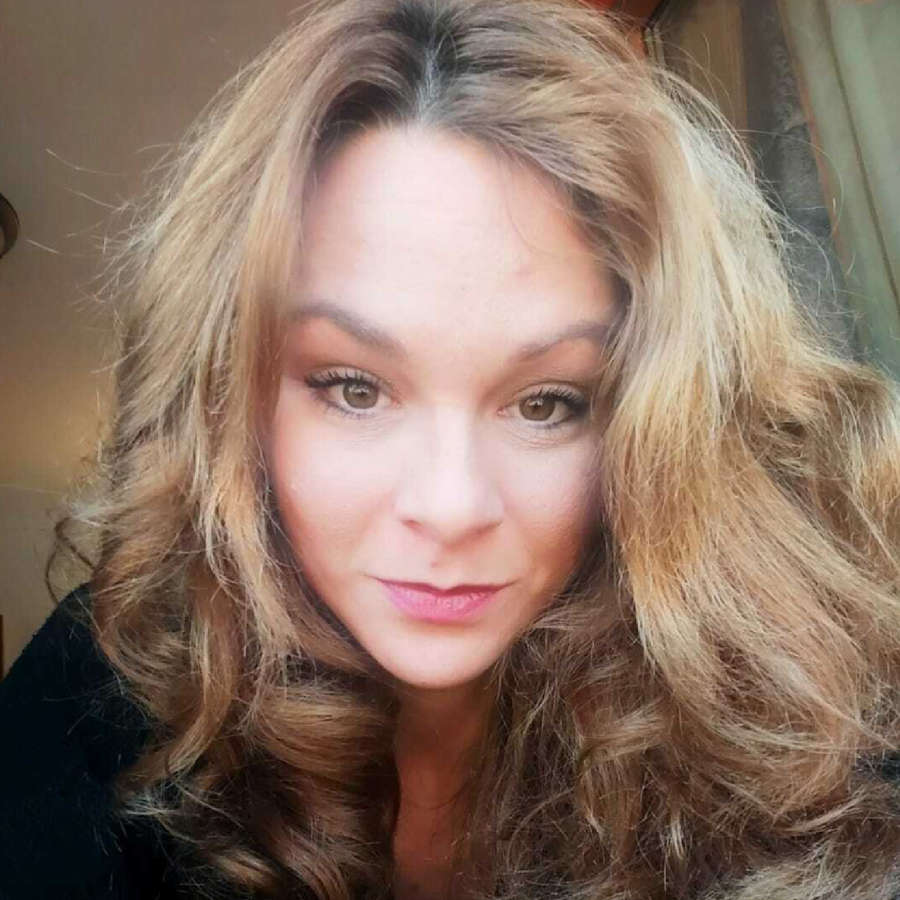
Irina Ungureanu is a transpersonal therapist, with a background in performative arts and a PhD in theater and interculturalism. Based in Bucharest, Romania, she is an artistic consultant at the National University of Theater and Film, and for over 13 years a public speaker, breathwork facilitator, trainer and lecturer on personal development and therapeutic modalities, focusing on group processes and holistic approaches. In her private practice she specializes in psychedelic integration therapy and in support for suicidal distress, anchored in trauma-informed therapy. She started her CI journey in 2020, as a result of her own healing process following the teachings of Dr. Gabor Mate, and her personal experience shaped her passion for building a specialized community and compassionate support system for those experiencing or impacted by suicide.
Camilla Monroe is a trauma informed psychotherapist based in Cork City Ireland. Camilla became a psychotherapist inspired by her own trauma recovery journey and is very focused on the mind body connection in her work. Prior to entering private practice, Camilla worked as a therapist and clinical assessor for Pieta House, a suicide prevention charity that supports clients experiencing self-harm and suicidal ideation. Since 2020 Camilla and her colleague Irina Ungureanu have been seeking ways to integrate Gabor Mate’s Compassionate Inquiry approach into a treatment lens that shifts the focus from suicide prevention to suicide attention to support both those experiencing suicidal distress and those working with it. Over the last year they have been developing a Suicide Attention Training: A Compassionate Inquiry Informed relational approach to working with clients with suicial ideation.
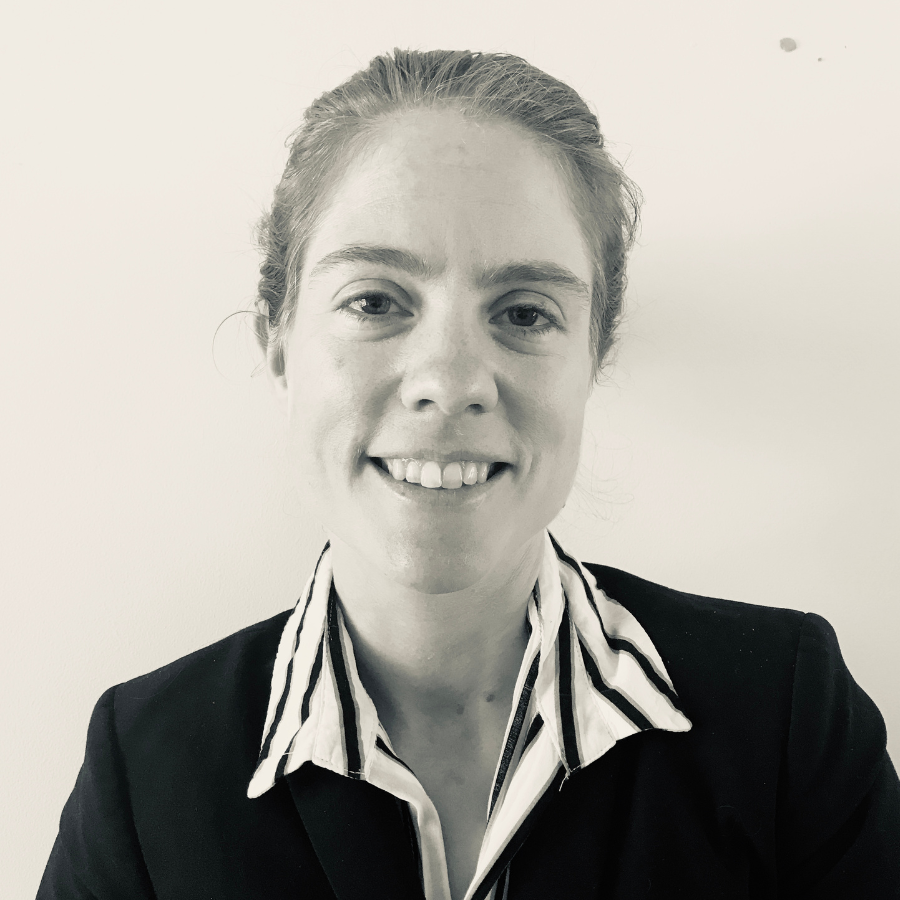
CI Educator Initiative in Turkey
H. Özden Bademci
The Maltepe University Research and Application Center for Street-Involved Children (Turkish acronym, SOYAÇ, of which I am the founder, has been contributing to community life since 2010. SOYAÇ brings together children and young people in the high-risk segment of the population and university students, who are given the opportunity to become aware of what it means to struggle with challenges as they learn how to gain the skills of endurance and keep motivation high, as well as how to work across disciplines and in international collaboration in practical applications and research. This presentation is devoted to how SOYAÇ’s trauma-informed community efforts come together with CI. Our SOYAÇ Model encompasses ongoing applications developed in the light of our work with children and young people at risk and their families. Targeting mainly children and youth, our goal is to create an inclusive, therapeutic, compassionate community of actively participating university students, faculty members and any other interested stakeholders in which all members focus on non-hierarchical compassion. In 2019, SOYAÇ led a collaborative effort with the East London NHS Foundation Trust (ELFT, UK) to offer students with an MA in Clinical Psychology with a Body Psychotherapy Certificate the opportunity to provide trauma informed body oriented therapeutic support to the children.
About H. Özden Bademci

H. Özden Bademci holds an associate professorship in clinical psychology at Maltepe University in Istanbul. She is the Founder Director for Research and Application Centre for Street Children (SOYAÇ) at Maltepe University. Bademci obtained a BSc degree in Psychology from Ege University (Turkey). MA in Psychoanalytic Observational Studies from Tavistock Clinic (UK) and PhD in Migration Studies from the University of Kent (UK). Following her PhD research on the service provision for street children in Istanbul, Bademci has played a leading role in the establishment of the first University Centre in Turkey that is dedicated to address the rehabilitation and protection needs of vulnerable children and youth. In recognition for her contribution and commitment to create positive social change that improves the lives of vulnerable children in 2017, The British Council in Turkey awarded Bademci with the UK Alumni Social Impact Award.
Shining the CI light on Hoarding, Chronic Disorganization and Extreme Clutter
Jo Cavalot
In this presentation we will provide an introduction to hoarding, chronic disorganization and extreme clutter – examining the differences, similarities and many characteristics typically presented.
We will also explore three different perspectives around hoarding, chronic disorganization and extreme clutter:
- People affected themselves
- Family and friends surrounding the person
- Those working with the person
We will delve into why CI can help this hugely under supported demographic, specifically looking at the contributing factors and triggers that can lead to hoarding.
The presentation will promote understanding on:
- The importance of CI in supporting those affected
- Sharing best practice and how the CI community can effectively connect with those affected and the people supporting them
- Identifying the barriers and triggers we may face as CI practitioners
We will also detail next steps and how you can join us in the CI focus group for hoarding, chronic disorganization and extreme clutter for support.
About Jo Cavalot
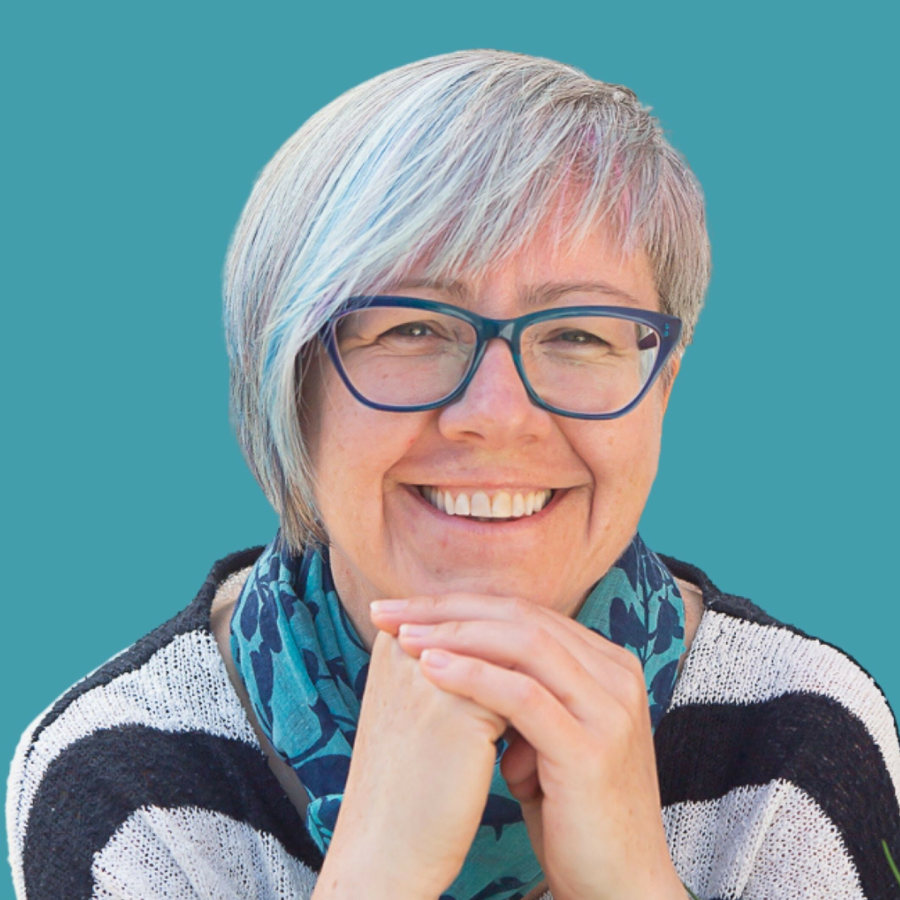
Jo Cavalot is a specialist working with people with hoarding, chronic disorganization and extreme clutter through a non-profit in the UK (Hoarding Disorders UK CIC). She started working in this area after identifying the similarities with her own mental health difficulties. Jo joined CI in the September 2021 cohort after hitting a block with her journey in recovery from alcoholism, and to further help in her work with others. Since joining CI she has got divorced, fallen in love, bought a campervan and got a massive dragon tattoo.
Supporting Yourself and Others to Prevent Burnout
Mary `O’Connor
Providing support to people who have experienced trauma and other mental health challenges can be enriching and satisfying. It can also result in long-term chronic stress and can have other impacts on wellbeing and professional life.
Practitioners and therapists may become increasingly vulnerable to burnout, secondary traumatic stress, and compassion fatigue, amongst other stress responses. It is important to have supports in place to reduce the risk of these vulnerabilities and stress responses.
The purpose of this workshop is to build a framework for peer support groups within Compassionate Inquiry to help guard against the risks of secondary traumatic stress, burnout, and compassion fatigue. The peer support groups will also help foster compassion satisfaction, which can protect from burnout.
During the workshop we will provide a brief overview of secondary traumatic stress, burnout, compassion fatigue, and compassion satisfaction. We will have participants create triads for a short period of time so that they can practice Compassionate Inquiry with each other in relation to work stressors. We will then come back together as a group and get feedback. Based on the shared experiences and the feedback, we propose to create a focus group within the Compassionate Inquiry community as described above.
We anticipate that the group would meet bimonthly and be facilitated by one of us. Each meeting would begin with a discussion prompted by questions before going into triads to practice CI in relation to work stressors. Then back to the main group for a final discussion and feedback.
The framework for these groups would be dynamic and shaped by feedback and experiences of participants. The group would build a database of strategies guarding against secondary traumatic stress, burnout, and compassion fatigue. It would facilitate understanding the importance of self-care and self-awareness, which each practitioner could share, as appropriate.
About Mary `O’Connor
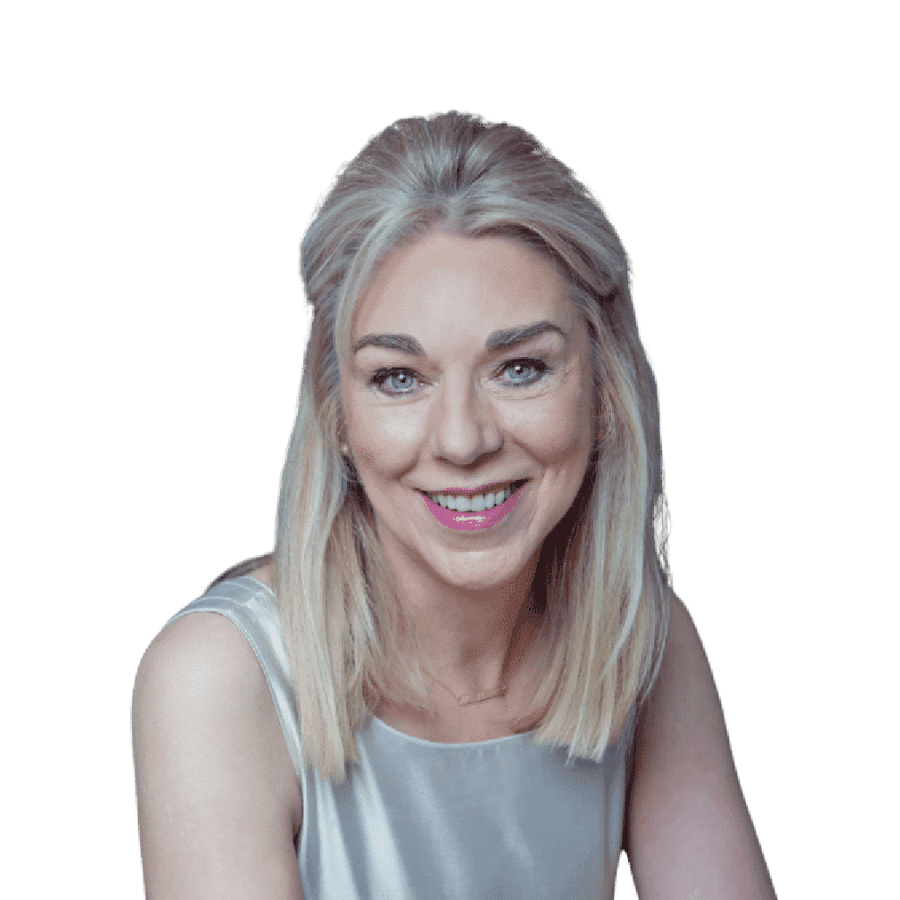
Mary O’Connor is a certified Mayo Clinic Wellness Coach and Compassionate Inquiry Practitioner. She is a facilitator for the Compassionate Inquiry Circles. Mary coaches clients individually and in groups to move away from unhelpful beliefs and build compassion for themselves. Mary practiced law in Silicon Valley, California, and in Ireland. She holds an LL.M. from the University of San Francisco and an LL.B. from the National University of Ireland, Galway. Mary holds and M.Sc. from the South East Technological University, Ireland. Mary began to explore the more human side of people and how that can be pushed aside to meet deadlines in business settings. She now supports people who realize that they need to overcome certain beliefs about themselves in order to sustain and nurture themselves and their career. Mary volunteers with an organization that supports people affected by stress, depression, and mood related conditions by co-facilitating online group meetings.
Digging for Gold: Unearthing Core Beliefs and What to Do When You Find Them
Luke Sniewski
We don’t suffer because of the things that happen to us. We suffer because of the meanings and interpretations we give those things. When we are unaware of our core beliefs, they become the subconscious drivers that define who we are and the reality we live in. Unaware of core beliefs, its patterns of victimhood can follow.
If we are to facilitate healing, integration, and growth within our clients with Compassionate Inquiry, we must bravely and courageously explore the world of our client’s beliefs. We get off the roller coaster of a client’s story when we start digging up the interpretations, meanings, and beliefs beneath the surface of the narrative. From this deeper space of exploration, we can gently inquire into the origins of beliefs and move towards encouraging 100% client responsibility.
This interactive workshop will be a combination of prepared learning material, as well as a discussion of strategies, tips, and techniques on how to recognize our client’s beliefs, bring them into the therapeutic space, and consciously move them towards a new way of being.
About Luke Sniewski
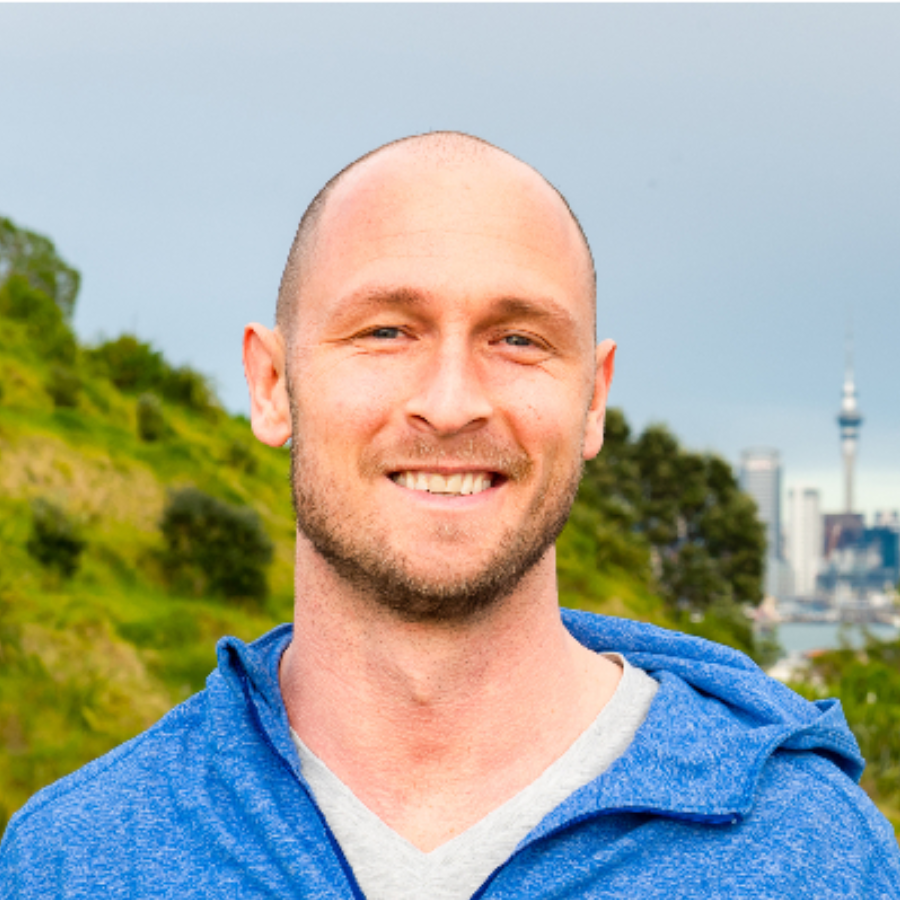
Hi. My name is Luke. I enjoy moving, meditating, cooking, and playing with my son, Jack. My doctoral research focused on meditation as an intervention for men with porn addiction. The take-home message was clear: We can all strive to practice more self-compassion with our self-destructive behaviors because the triggers, emotions, and contexts beneath the surface are the cause of our difficulties, not the behavior itself. As a Wellbeing Coach and Somatic Therapist, I’ve been able to integrate my broad personal, academic, and professional experience into a unique approach for helping others. Today, I utilize compassionate inquiry, somatic practices, and healthy lifestyle strategies to help clients experience more vitality, authenticity, and inner peace in everyday life.
History of CI
Sat Dharam Kaur ND
Sat Dharam will present an overview of the history of the evolution of Compassionate Inquiry as an organization, as well as current new developments. We will then go into small groups to brainstorm what else is possible, generating a vision for the future.
About Sat Dharam Kaur ND
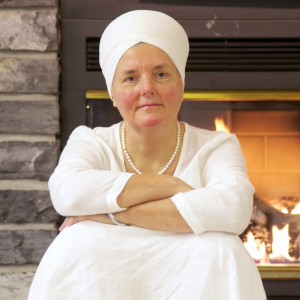
Sat Dharam Kaur is a naturopathic doctor and has supported Dr. Gabor Maté in structuring the Compassionate Inquiry approach so that others can learn it. She created the Beyond Addiction program, a yogic path to recovery. She trains people in Kundalini Yoga and has a private practice in Owen Sound, Ontario.
Chanting Our Essence: A CI Community Sing
Leah Hokanson
Since time immemorial, humans have come together in community to sing and chant. Community singing, in essence, is community building — opening us to our sense of shared humanity, through voicing a common purpose and intention together.
I would be delighted to lead an hour-long Compassionate Inquiry community sing, entitled Chanting Our Essence. This would provide an opportunity for all of the conference participants to come together and sing from their hearts in a safe and soul-nurturing environment. It would also give them an hour of standing, breathing, moving and having fun! — serving to invigorate the body, enliven the mind, and shake the cobwebs out. All would be welcome, especially those who think they “can’t sing.”
The chants are called “Diamond Chants” — my original musical compositions specifically composed to be accessible to everyone. Playfully referred to as “ecstatic pop,” Diamond Chants blend the simplicity of the chant form, the wisdom and inspiration of ecstatic poetry, and the groove and tunefulness of popular music, jazz, R&B, gospel, funk and world music.
Lyrics are drawn from both original texts and the timeless tradition of the ecstatic poets, including such luminaries as Rumi, Hildegard of Bingen, Hafiz, Mirabai, Walt Whitman and Thomas Merton. The lyrics affirm and amplify a vital aspect of Compassionate Inquiry: unveiling and growing into our Essence as spiritual beings having a human journey.
I invite you to visit: https://leahhokanson.bandcamp.com/album/diamond-chants-the-heart-3 to listen to a variety of Diamond Chants that I recorded with an amateur community choir open to all.
About Leah Hokanson
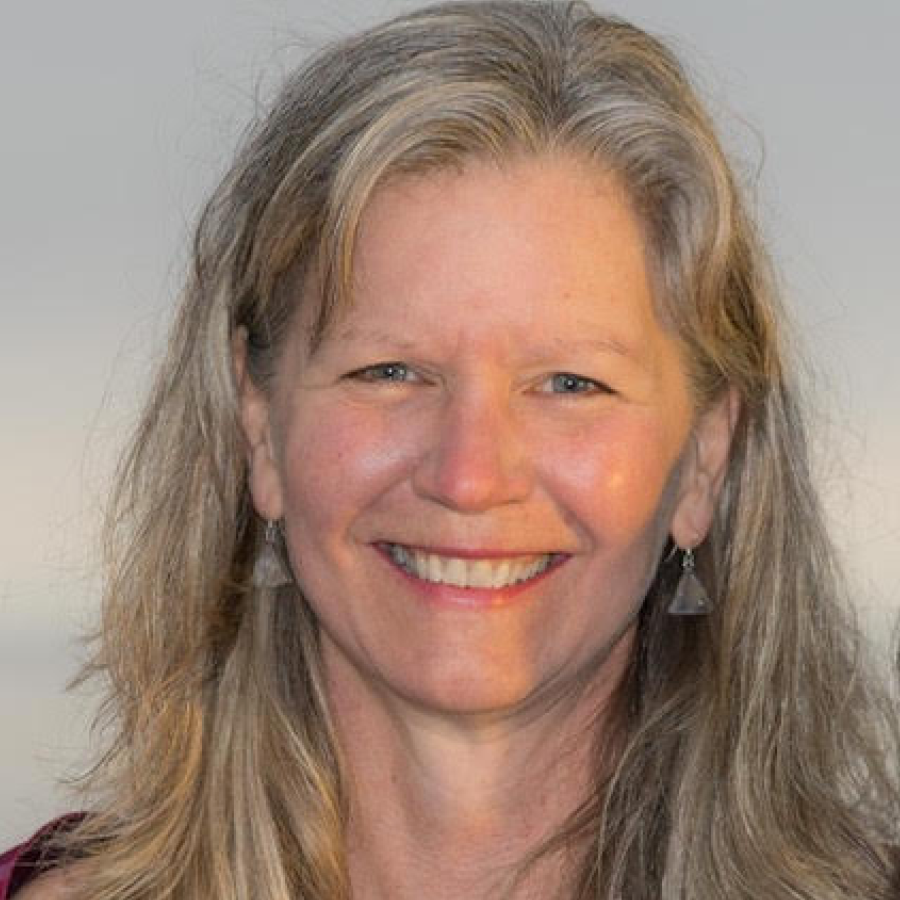
Leah is a lifelong adventurer of sound and listening—as a community choir leader, vocalist, pianist, improviser, singer/songwriter and facilitator. I direct the Song Keepers Women’s Choir and the JoySounds choir, both on Gabriola Island. I am co-founder of Sound, Belonging & Wholeness, offering programs that explore vocal sounding and focused listening as portals to healing and transformation. I’ve worked with many esteemed vocal artists and sound healing pioneers, including Chloé Goodchild, Jill Purce, Rhiannon, and Karina Schelde. I have composed and recorded two volumes of Diamond Chants—musical settings of ecstatic poetry by Rumi, Hafiz, Hildegard of Bingen and others. I have also written, produced, and performed two albums of original songs: Facets (2019) and Portals (2021). I live with my partner Greg on Gabriola Island, British Columbia, with gratitude for our community, the Coast Salish people and the Snuneymuxw First Nation.